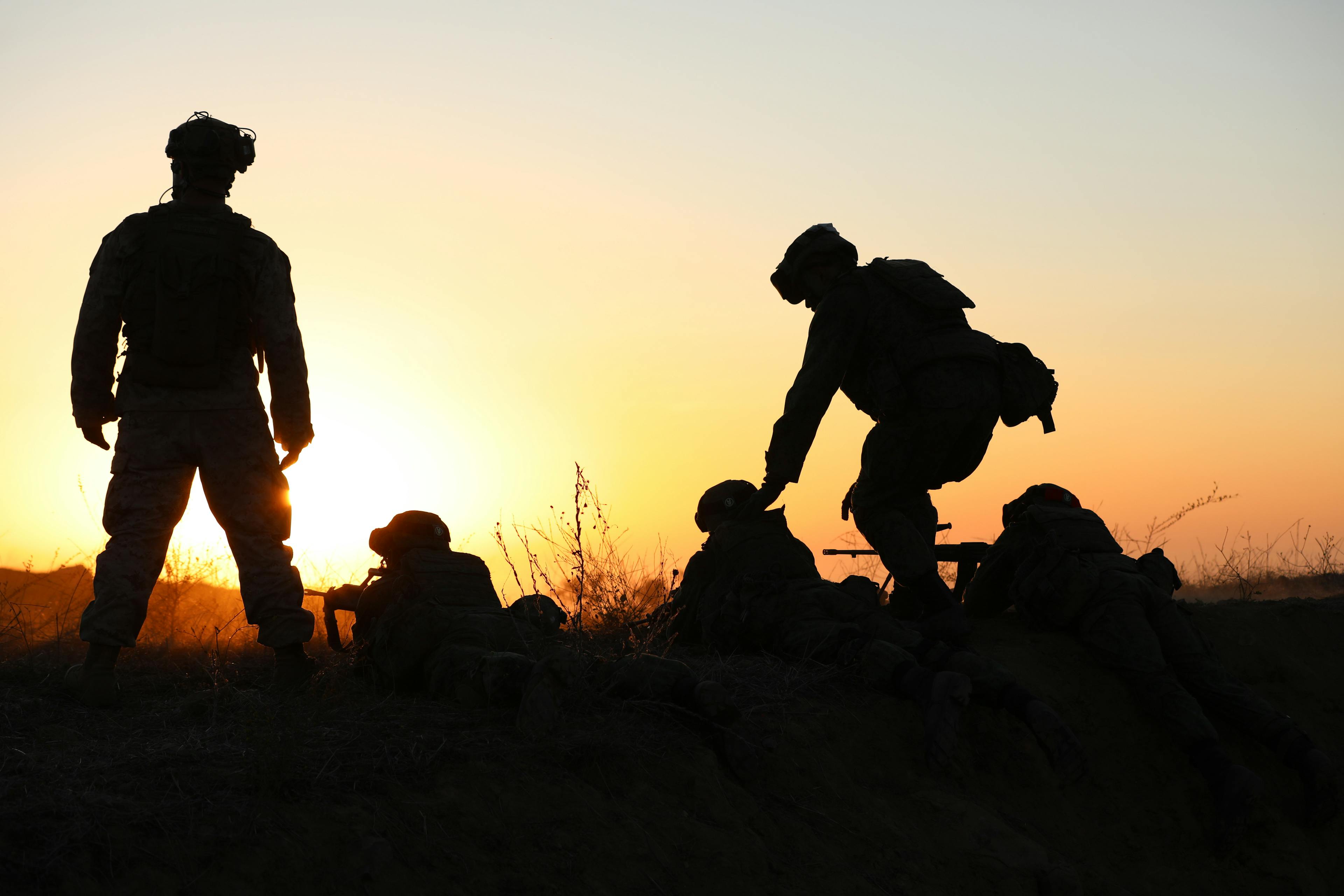Table Of Content
The training of officer candidates is basic in nature and is divided into seven general categories:
1. Leadership
2. Professional development
3. General military subjects
4. Physical training and conditioning
5. Drill, inspection, and ceremonies
6. Weapons
7. Small unit tactics
Training Phases
Officer candidate training is divided into five distinct phases: In-processing (Phase I), Transition Training (Phase 11), Adaptation (Phase 111), Decision Making and Execution (Phase IV), and Out-processing (Phase V). Each of the various OCS programs will progress through the training phases. Each training phase is described below.
1. In-processing (Phase 1). All officer candidates are medically and physically screened. They must complete all required administration and obtain all required gear in order to be inducted into training. After screening has been completed, the CO, OCS conducts induction boards to determine if officer candidates who do not meet minimum requirements will be inducted into training.
2. Transition (Phase II). This phase marks the officer candidate’s first exposure to the training company staff. The officer candidate must focus on learning basic military procedures for all actions/events, understanding expectations, and achieving a strict adherence to discipline. The ability to grasp new concepts and apply them is an integral pan of the evaluation, indicating leadership potential and selflessness.
3. Adaptation (Phase III). The emphasis during this phase is the increased responsibility on the officer candidate billet holders, officer candidates leading their peers, and the officer candidate's self- discipline.Officer candidates will be held accountable for increasing responsibility for their individual and collective performance. The ability to overcome identified shortcomings and to work as a member of a team is critical to the overall evaluation and success of the officer candidate.
4. Decision Making and Execution (Phase IV). Officer candidates must demonstrate the leadership traits and principles in practical application during this phase. They also must exhibit their knowledge of the tactics instruction they have received in the classroom and the field environment, their ability to make a decision, and their aptitude to handle basic problem solving. Officer candidates are evaluated on individual initiative, willing acceptance of responsibility, and bias for action. Candidate billet holders are also given increased responsibility and evaluated based on individual metrics and the performance of their unit. Performance during this phase will have a direct impact upon his/her success in the course.
5. Out-processing (Phase V). Emphasis is placed on orienting and preparing the graduating officer candidates for the duties and responsibilities of a young officer, including success at The Basic School (TBS). It is critical that the officer candidate understands that the evaluation and screening process does not end until graduation is complete. The final training events focus on the human element, team building, and esprit de corps.
